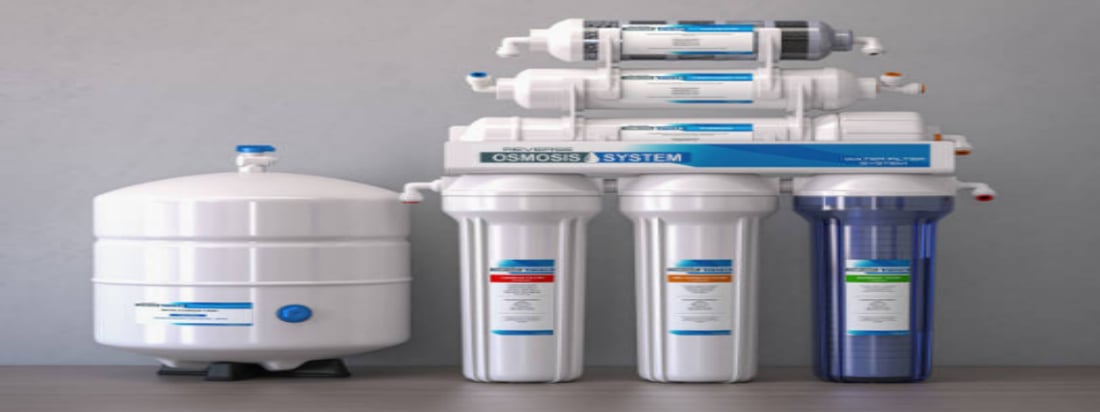Water purifiers are essential for maintaining clean and safe drinking water in homes. With various options available in the market, choosing the right one can be a daunting task. In this article, we will provide a comprehensive guide to help you choose the best water purifier for home use.
1. Types of Water Purifiers
There are various types of water purifiers available in the market, including reverse osmosis (RO) systems, ultraviolet (UV) purifiers, activated carbon filters, and sediment filters. Each type has its own advantages and disadvantages, making it important to choose the type that best suits your needs.
2. RO Water Purifiers
RO water purifiers use a semi-permeable membrane to remove impurities from water. These purifiers are effective in removing dissolved salts, heavy metals, and other harmful contaminants. However, they also remove essential minerals from water, making it important to choose a purifier that comes with a mineralizer.
3. UV Water Purifiers
UV water purifiers use ultraviolet rays to destroy bacteria, viruses, and other microorganisms present in water. These purifiers are effective in eliminating pathogens from water, but they do not remove other impurities such as dissolved solids and chemicals.
4. Activated Carbon Filters
Activated carbon filters use a porous material to remove impurities such as chlorine, volatile organic compounds, and odors from water. These filters are not effective in removing dissolved solids and pathogens from water.
5. Sediment Filters
Sediment filters use a mesh or fiber barrier to remove suspended particles such as sand, rust, and debris from water. These filters are not effective in removing dissolved solids and pathogens from water.
6. Storage Capacity
When choosing a water purifier, it is important to consider the storage capacity. Ideally, the purifier should have a storage capacity that is enough for your daily needs. This will ensure that you have access to clean and safe drinking water even during water shortages.
7. Maintenance and Service
It is important to choose a water purifier that requires minimal maintenance and comes with easy service options. RO systems require regular maintenance such as membrane cleaning and replacement. UV purifiers require regular replacement of the UV lamp. Activated carbon filters and sediment filters require timely replacement of filter cartridges.
8. Price Range
Water purifiers are available in a range of prices. While it may be tempting to choose a cheap option, it is important to choose a purifier that offers good value for money. Consider the features and benefits of each purifier before making a decision.
9. Brand and Reputation
Choose a water purifier from a reputable brand that has a good reputation for quality and customer service. This will ensure that you have access to reliable and efficient service and support.
10. Certification
Choose a water purifier that is certified by a reputable organization such as NSF International or the Water Quality Association. This will ensure that the purifier meets high quality and safety standards.

